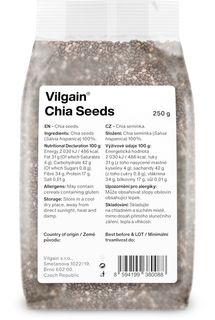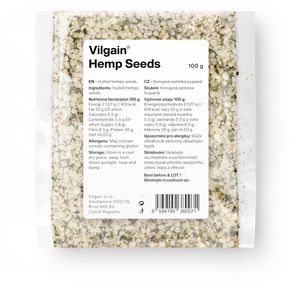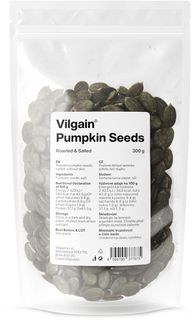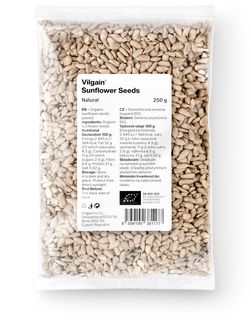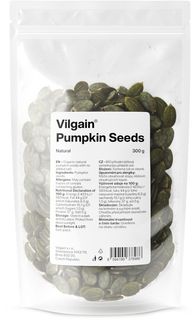
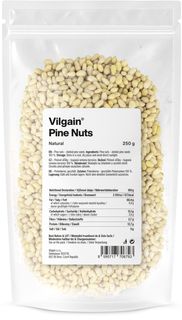
Seeds to eat
Seeds are a nutritionally rich food whose consumption is associated with a number of positive effects. Due to their high content of health‑giving fats, vegetable proteins, vitamins, minerals, fibre or antioxidants, they are perceived by some people as superfoods. They are suitable for weight loss, raw or paleo diets, vegans and athletes. The most popular seeds to eat are:
- flaxseeds are a great source of fibre and plant‑based omega 3 fatty acids. Eating them can help with cholesterol or blood pressure control;
- chia seeds are considered one of the best plant sources of omega 3. They are most commonly used to make pudding or in gel form as an egg substitute;
- hemp seeds boast a high protein content and contain all essential amino acids;
- sesame seeds are among the richest sources of lignans, which have antioxidant properties. Sesame is often used to make sesame oil or tahini paste;
- pumpkin seeds are particularly popular in the autumn months, when peeling them is a common pastime. The seeds contain healthy fats, but also magnesium or phosphorus;
- sunflower seeds are not just for birds. Eating them can increase the intake of healthy fats, vitamin E or selenium.
Edible seeds fit easily into any diet - they can be added to porridges, yoghurts, smoothies, soups, salads, desserts, baked goods or just eaten. The blended seeds are also useful for making pesto.
They are also available seeds for germination. The fresh sprouts and later green shoots (known as microgreens) are excellent sources of vitamins, minerals and especially antioxidants. They are most often used to garnish soup or for baking.

